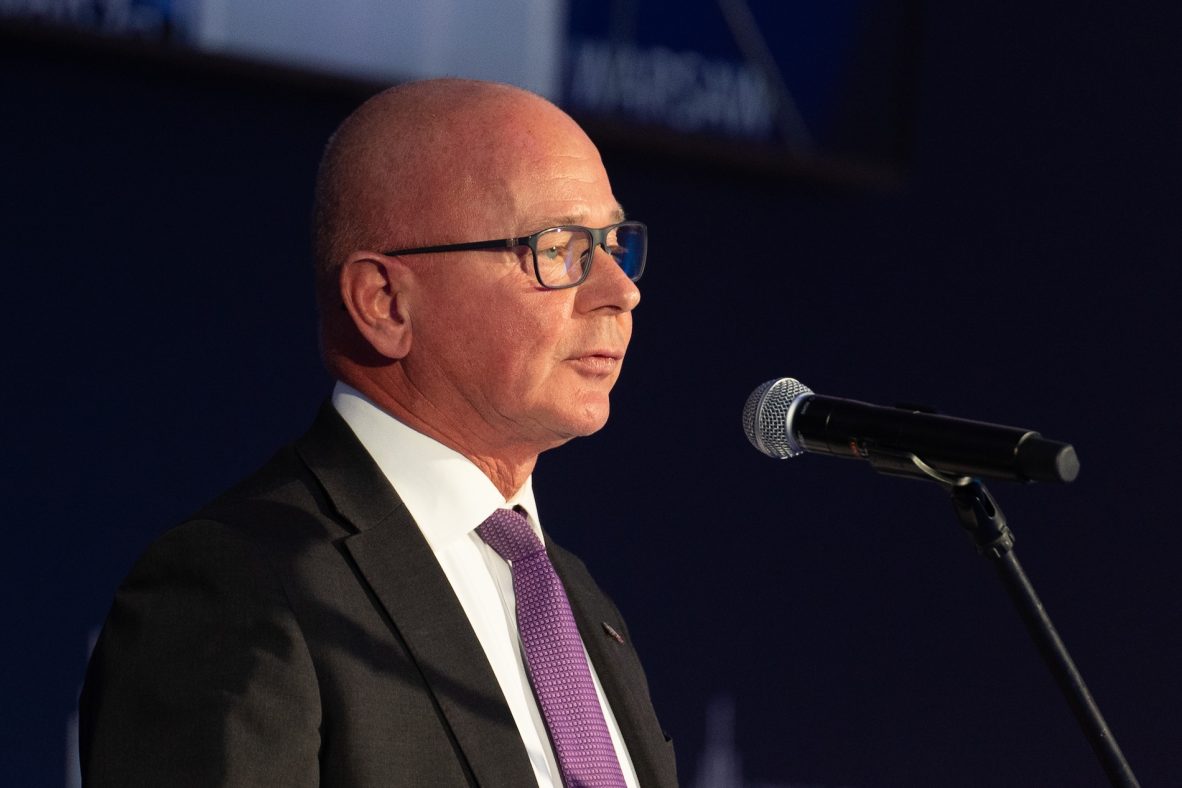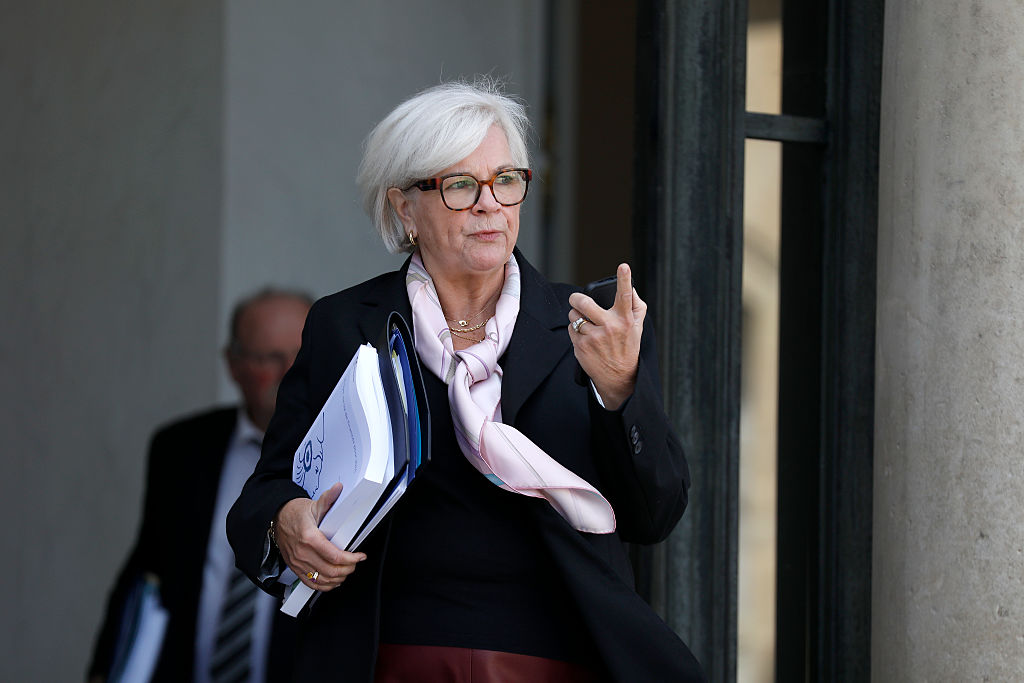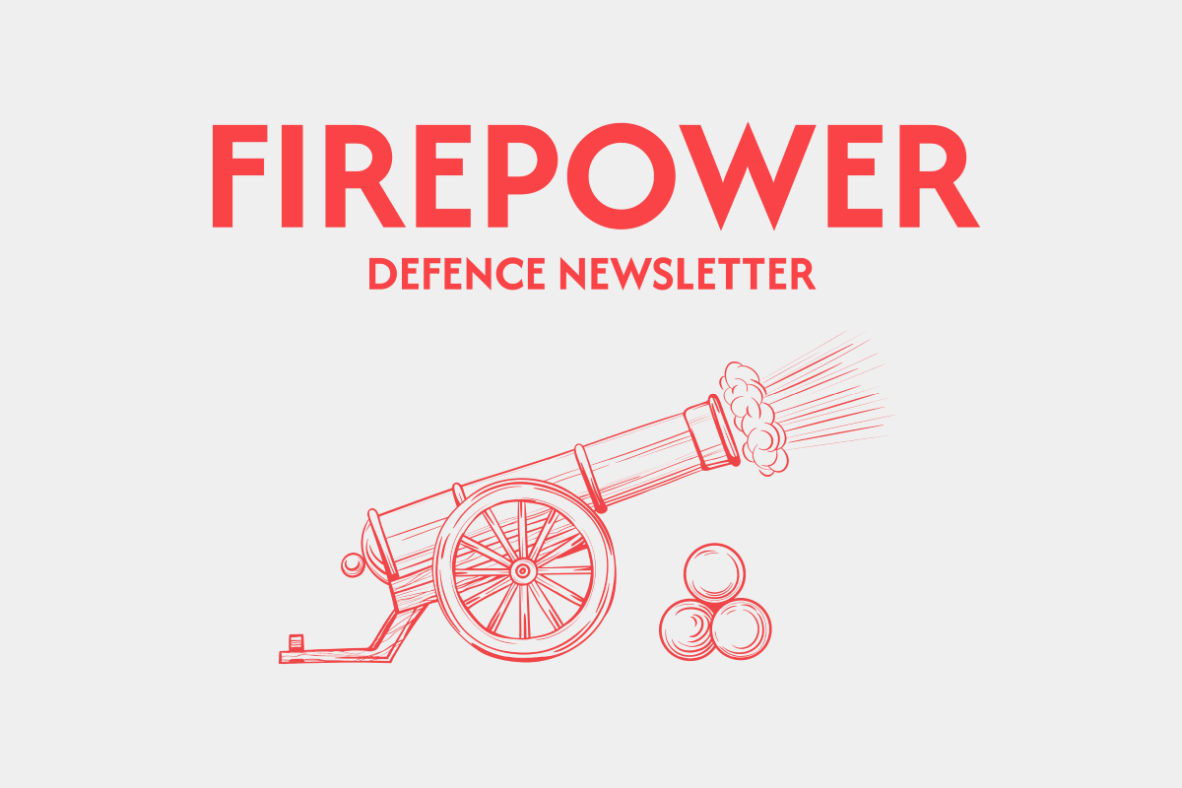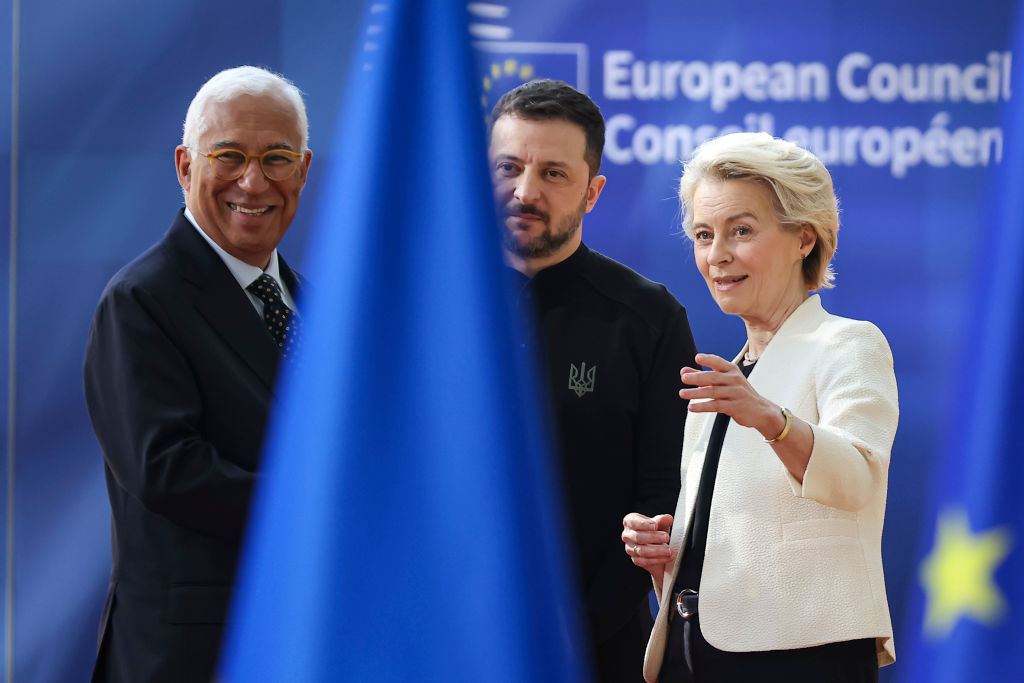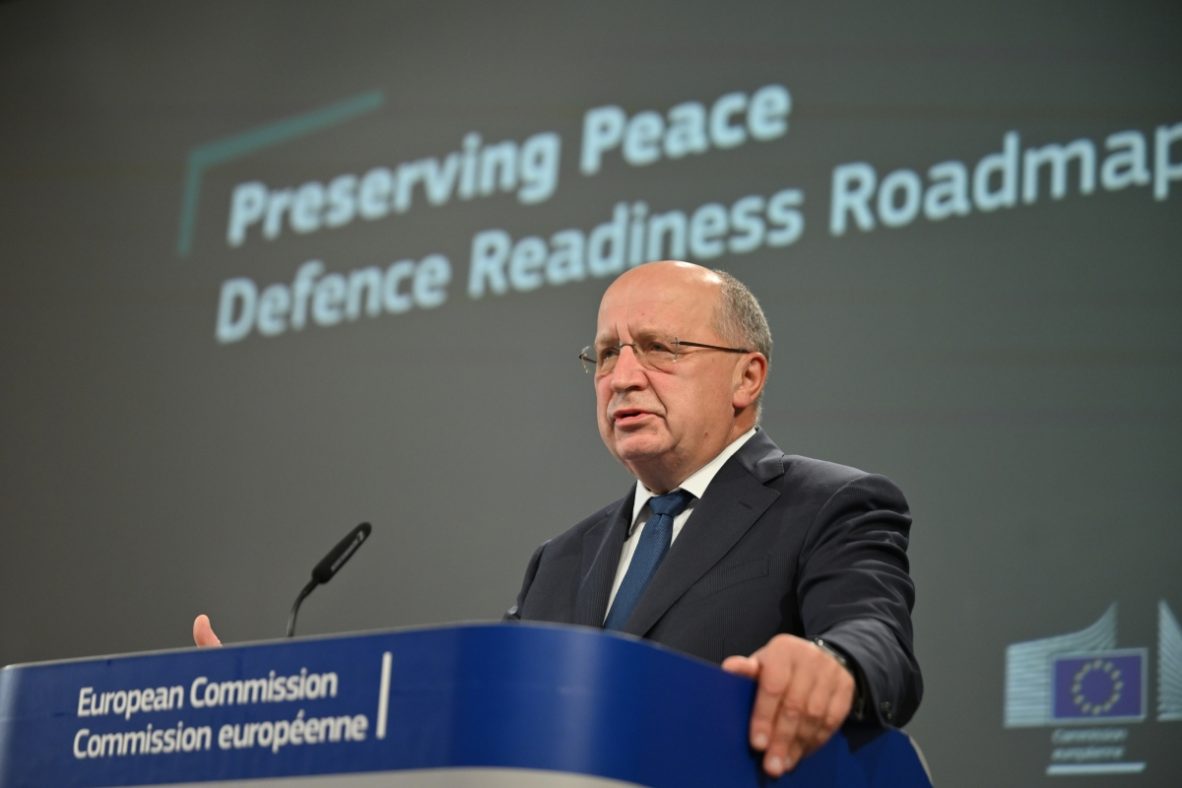Not everything can be a priority, reminds EU's top general
The milestones to make European war-ready by 2030 are “ambitious”, Clancy recognised. But “without ambition, we can meander"
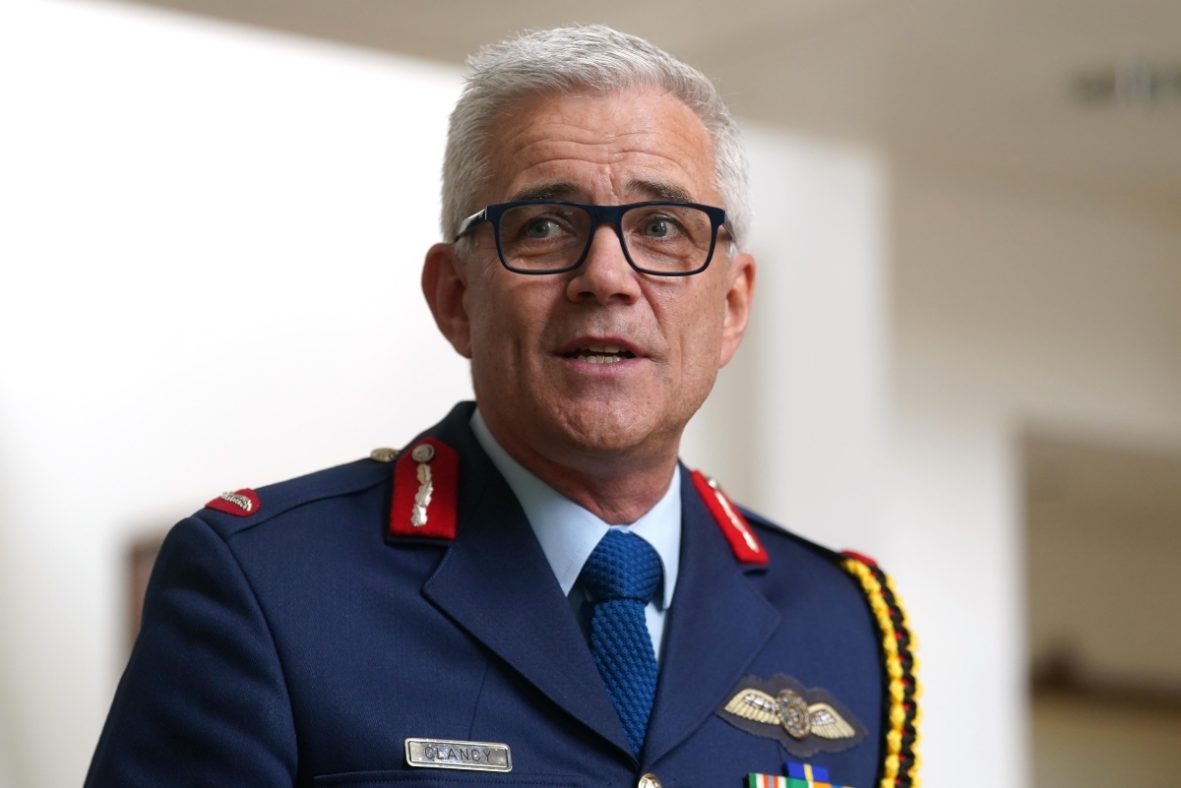
Europe has a lot of work to do to achieve total defence readiness by 2030. Still, the EU’s top military man, Irish General Seán Clancy, believes that, while ambitious, it’s perfectly achievable if the EU stays focused. He told Euractiv in an interview that EU countries have what it takes to deliver the goods.
Clancy is Chairman of the European Union Military Committee, which means he gives military advice to the European Commission when developing defence policies. He previously served as Chief of Ireland’s Defence Forces.
The milestones to make Europe war-ready by 2030 are “ambitious,” Clancy said.
But “without ambition, we can meander,” he added, arguing in favour of such tight timelines.
The Commission pitched an ambitious roadmap to plug major gaps in Europe’s defence, including air defence and anti-drone technology. It contains a list of other ideas covering everything from analysing supply chain risks, to supporting joint ventures with Ukraine, to setting up an EU-wide military mobility area.
EU leaders said they’ll lay the groundwork now to launch defence projects together early next year. Even though they did not officially subscribe to the Commission-pitched list of ideas, such as the European Drone Defence Initiative (EDDI), they’re focusing their efforts on anti-drone technologies and air defence.
These priorities follow recent events that exposed a clear need for them. That includes the 19 Russian drones that broke into Poland, the drones that wreaked havoc over Danish skies, or the Russian violation of Lithuanian – read NATO, EU – airspace during a summit of EU leaders, and that’s not even the exhaustive list. Even so, several other domains remain overlooked, such as naval warfare and issues related to the mobility of troops and equipment within the NATO military alliance.
The priorities are eyeing the very short term, catching up after drones have been around for years. For the past three years, the European Commission and EU countries have primarily focused their energy on what they saw as urgent issues, based on how the Ukraine war was going. First, it was ammunition; then, missiles; and finally, air defence. Now it’s about drones.
For the general, that’s ok.
“Everything can’t be a priority,” he said. To follow up on the ambitious timelines put forward by the Commission, “I don’t think it’s a question of over-ambition – it’s a question of necessity, as much as it is about willingness,” he said.
When asked why the naval sector is not mentioned in the roadmap as tensions heat up in the Arctic, Clancy said, “There is also much thinking going on” about that issue. The General also mentioned Quantum technology, which can break any encryption, as another future point of attention.
Herding cats is possible, and maybe even desirable
Even if there’s general acceptance that all these issues matter and are bigger than any single country, defence has always been considered the most sacred duty of a nation-state, leaving little space for the EU to play a meaningful role.
Asked whether he believed countries would collaborate to close capability gaps and not put the outcome at risk, General Clancy said yes, before recognising that national interest will always come first.
“Do I think they are going to play ball? I do. Are there going to be national interests? I think that’s always going to be there.”
That diversity of countries can throw up additional problems. The General highlighted that some military industrial complexes are “very mature in some member states” but not so much in others, leading to imbalances.
Member-state-driven projects have not always been successful. The French-inspired PESCO, launched in 2017, has birthed few concrete projects. Work on the future next-gen fighter between Berlin, Madrid, and Paris is also hitting political hurdles. The EU missions and operations lacked the ships and equipment needed to complete their tasks because countries were reluctant to contribute.
The European Defence Agency is tasked with providing an annual progress report.
So why is it in the governments’ interest to report to the EU instead of NATO, which is well aware of the capability gaps closing process?
“NATO hasn’t the power to support them in closing their own gaps, the EU does,” Clancy said.
(cp, cm)
